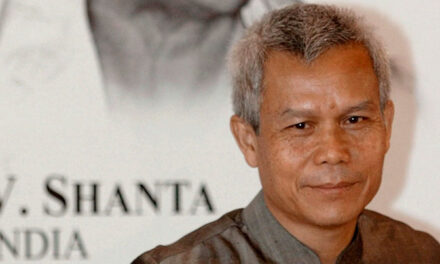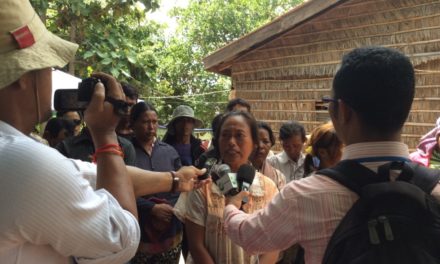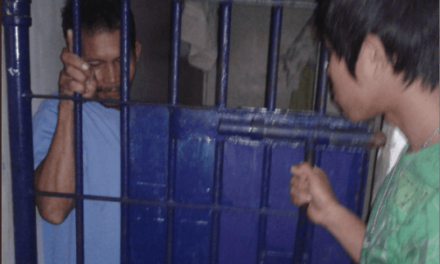As we commemorate the World Water Day on March 22, Focus on the Global South and its allies just released a statement today:
We commemorate World Water Day 2015 by celebrating the struggles and victories of the global water justice movements. These achievements are a testament to the strength of our ties of solidarity and the resolve of communities to protect watersheds and maintain control over water services.
We supported campaigns instituting the right to water and sanitation in national constitutions; reclaimed public water through remunicipalization and public-public partnerships; developed democratic models of water service provision, resource management and watershed protection, and helped elect progressive political parties with pro-poor and anti-neoliberal water policies.
After more than a decade of struggle, the Indonesian water justice movement celebrated a Supreme Court ruling that deemed a corporate-friendly World Bank-imposed water law to be unconstitutional and in violation of Indonesia’s historical recognition of water as a commons.
In Lagos, trade unions, environmental and social movements helped block the World Bank’s attempts to privatize the public water utility serving more than 20 million people. Their challenge is to create the conditions for an effective public utility, free from corruption.
In Greece, after a Supreme Court decision to stop the privatization of Athens water, water justice activists celebrate the election of a government committed to resist the IMF and European Union’s harsh austerity measures that put public services for sale and allowed mining companies to circumvent environmental assessments by fast-tracking permits.
The newly elected government in New Delhi has pledged to eliminate deep inequalities by declaring water a human right, rejecting private for-profit services and providing free basic water for the city’s residents.
We see these and other victories as signals to our fellow water justice activists around the world to continue to fight for public and community control of water and sanitation services, to battle the contamination of watersheds, resist water grabs and demand water justice for all.
We see new attempts at privatization, which will try to financialize the sector and bundle assets to financial actors such as insurance companies, hedge funds, pension funds, etc. We will challenge this head on. Not only because of the necessity to provide water to the poor and waterless but also of our collective aspiration to change the dominant corporate water discourse and the ‘flow’ of governance.
We call on the member states of the United Nations to deliver the Human Right to Water and Sanitation as it negotiates a 15-year plan for Sustainable Development Goals. Member states must not fall for the false promises of private sector investment for infrastructure, as pushed by the G-20 and the OECD. The Financing for Development Summit in Addis Ababa in July 2015 will need to send a strong signal.
We join the fight in El Salvador for the constitutional recognition of the Human Right to Water and Sanitation, and against Oceana Gold’s attempt to use the World Bank’s International Centre for the Settlement of Disputes to impose a mine, which will pollute the Lempa river watershed, the country’s main source of potable water.
We stand with residents of Detroit where water cut-offs are part of the city’s bid to privatize the utility.
We support the struggles against privatization in Nagpur, Manila, Sao Paulo, Nairobi, Osaka and Daegu.
Without clean, safe, publicly controlled and collectively managed water and sanitation for all, there can be neither justice, nor sustainability.
Aigua és Vida; Blue Planet Project; Corporate Accountability International; Federación española de Ingenería Sin Fronteras; Focus on the Global South; Food and Water Europe; Food and Water Watch; Institute for Agriculture and Trade Policy; KruHa Indonesia; Public Services International; Transnational Institute










